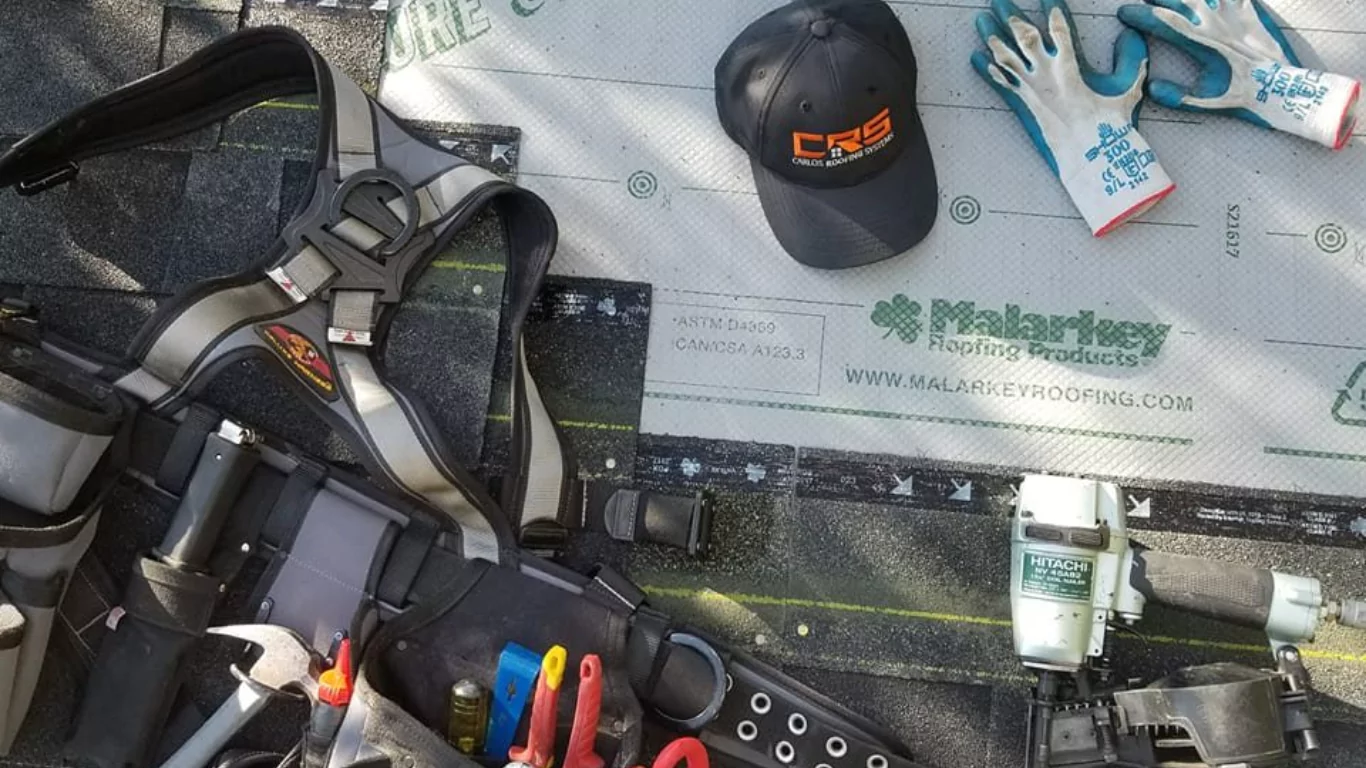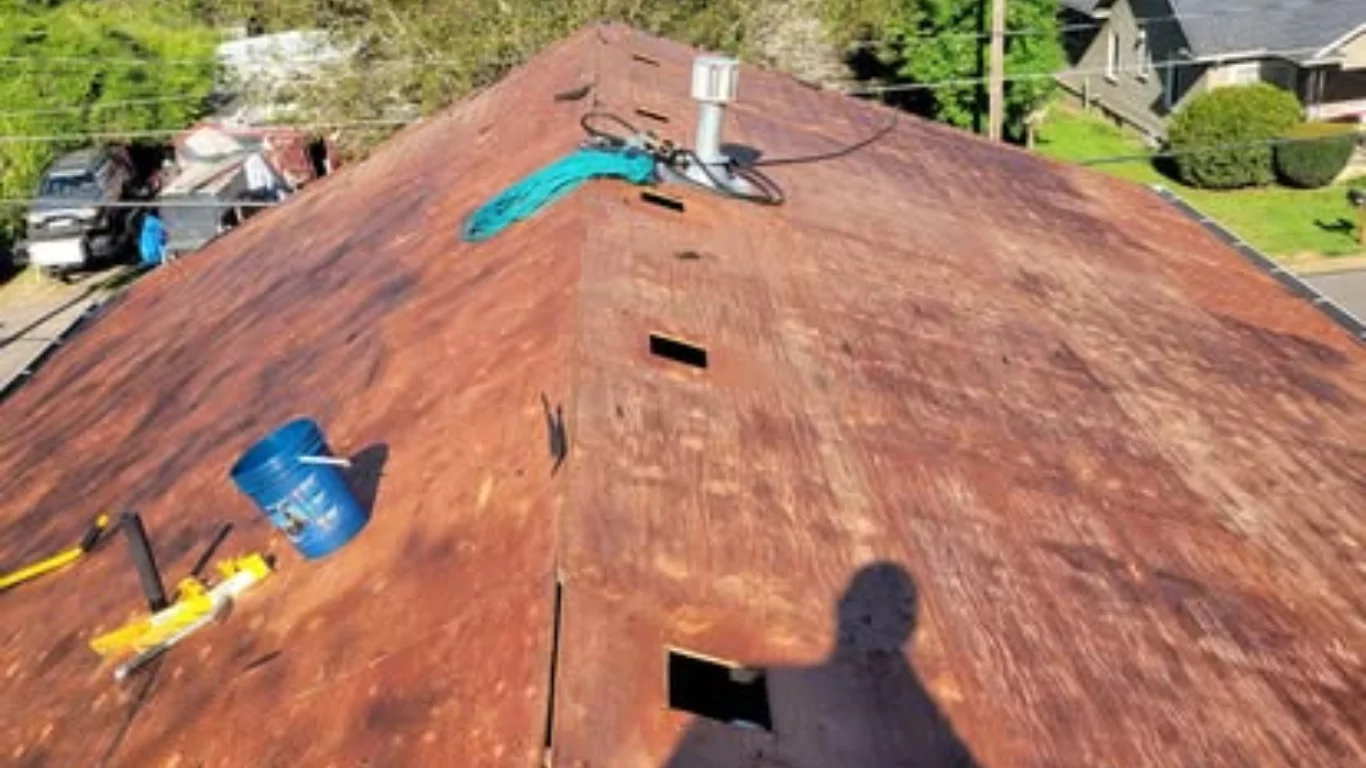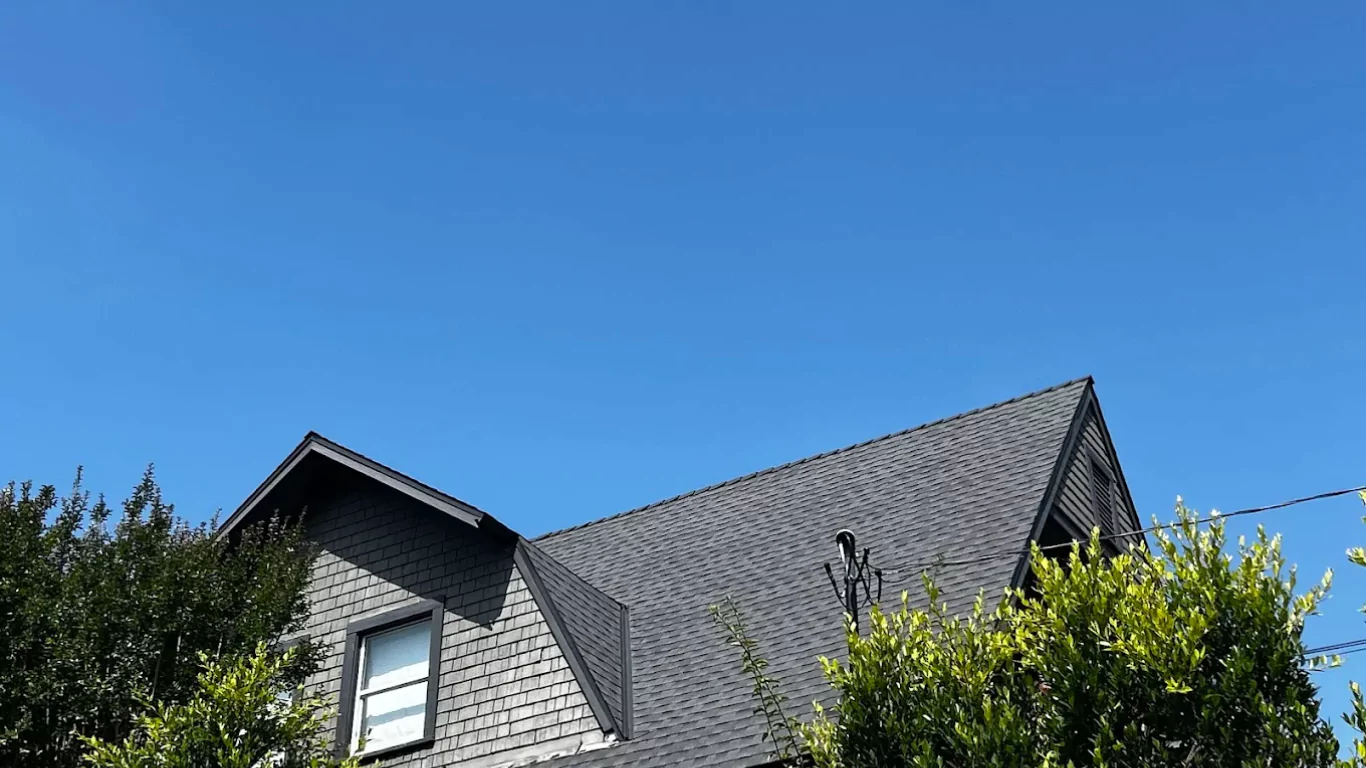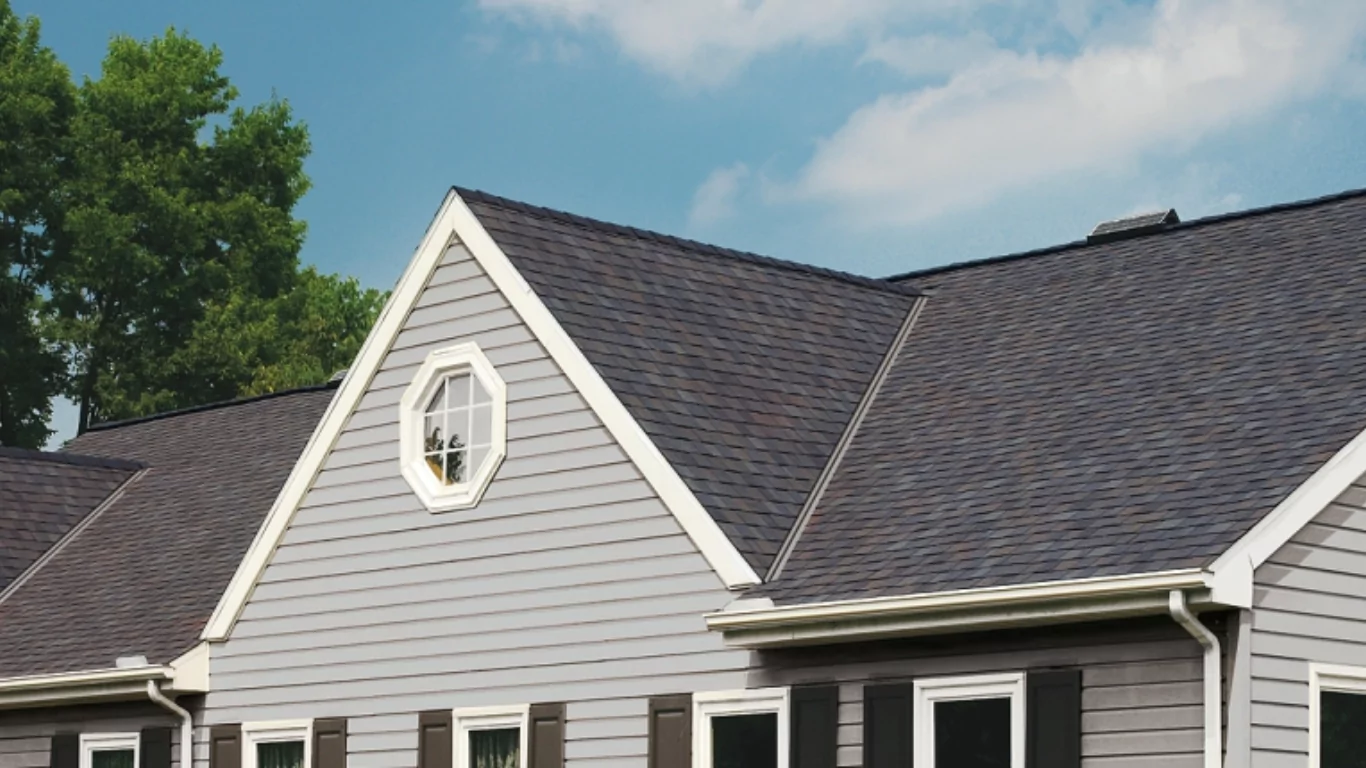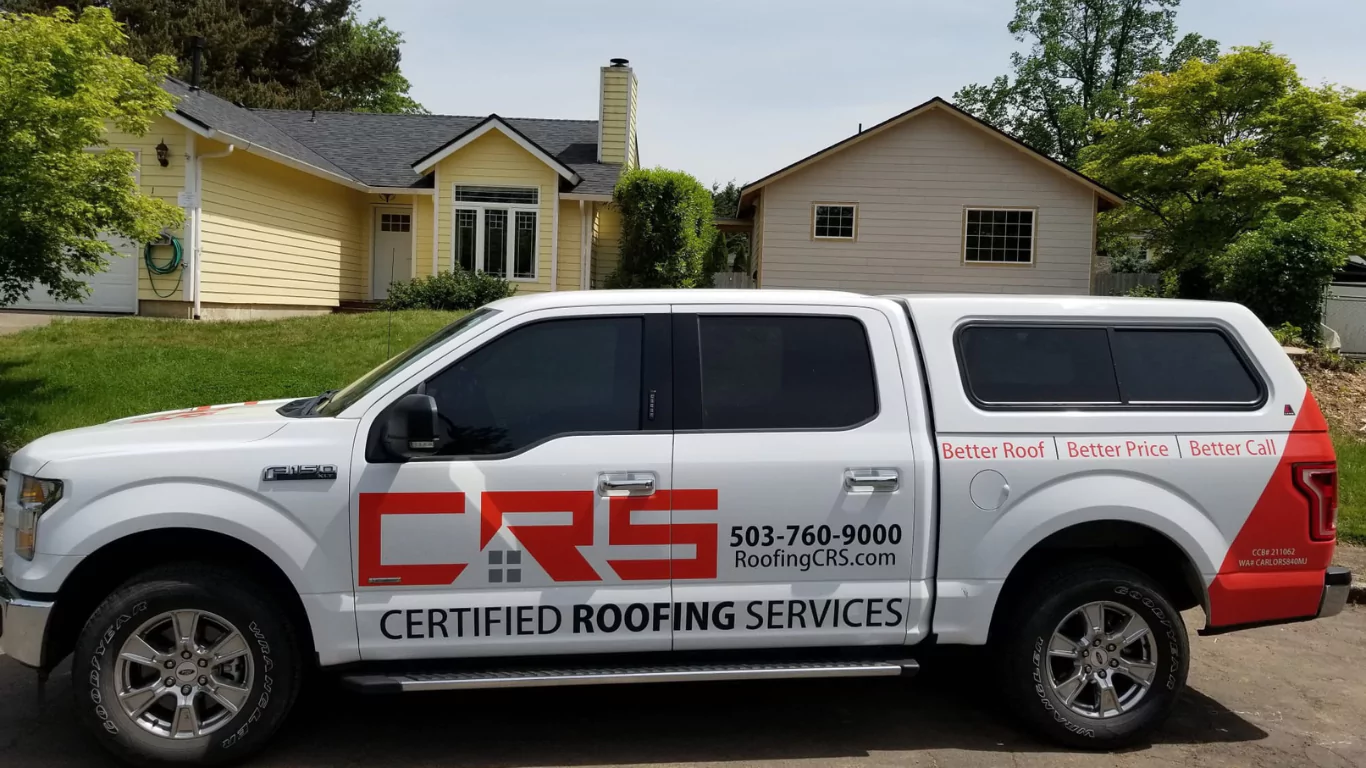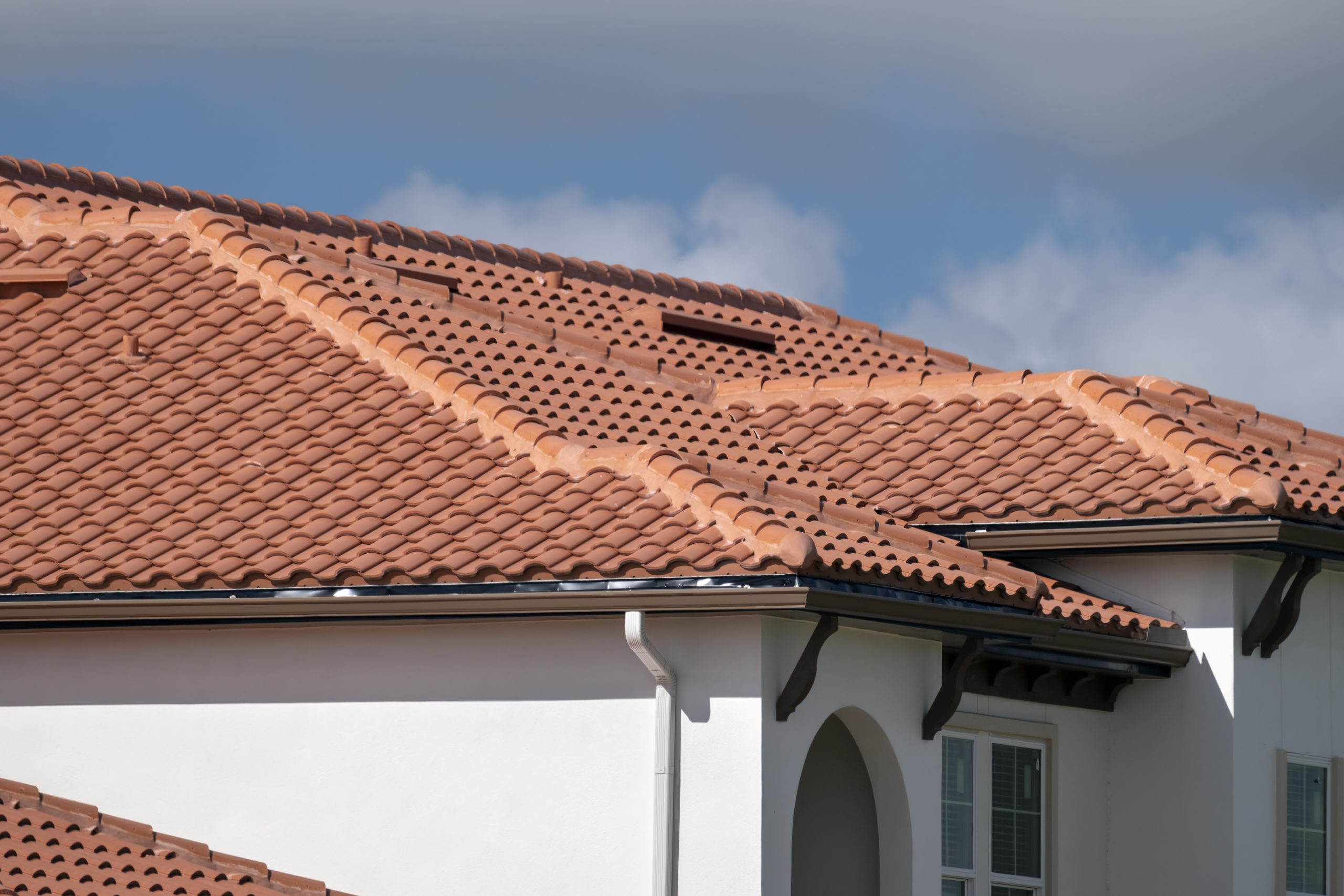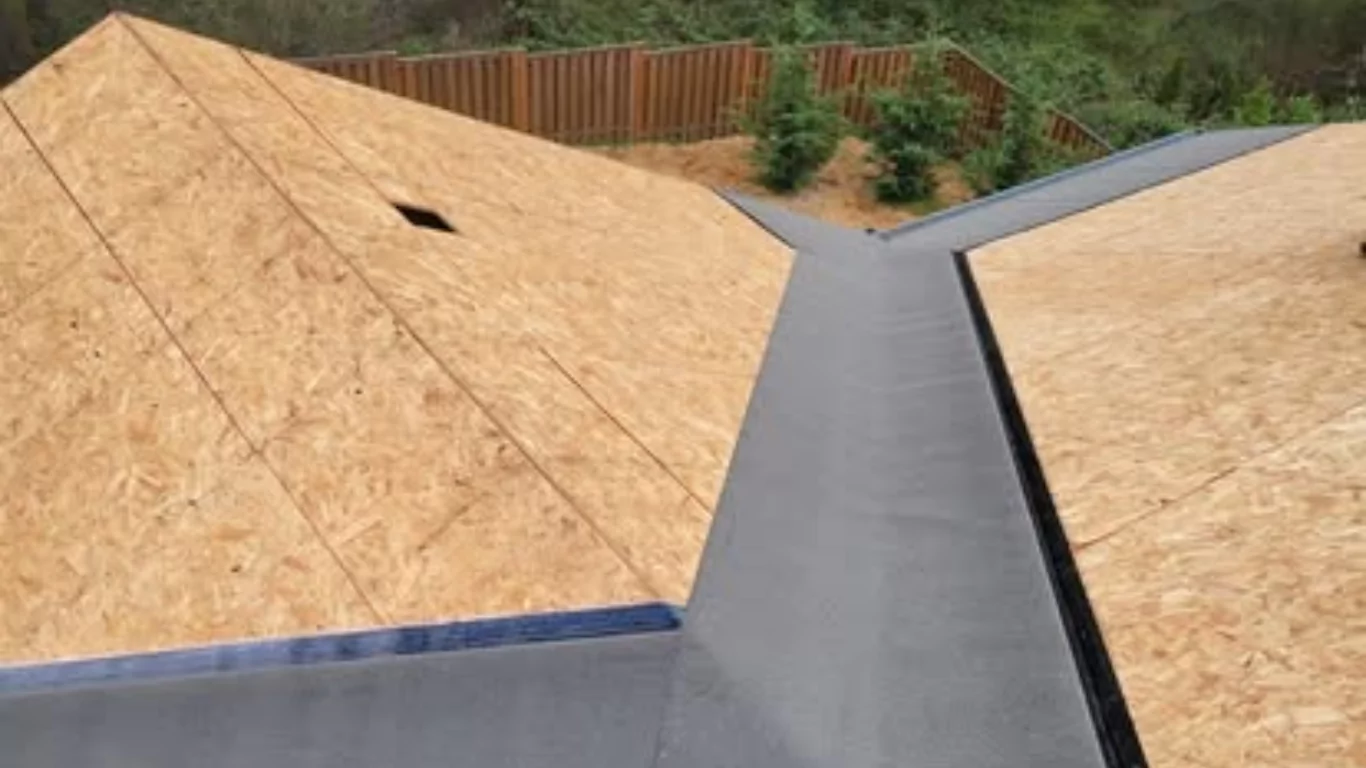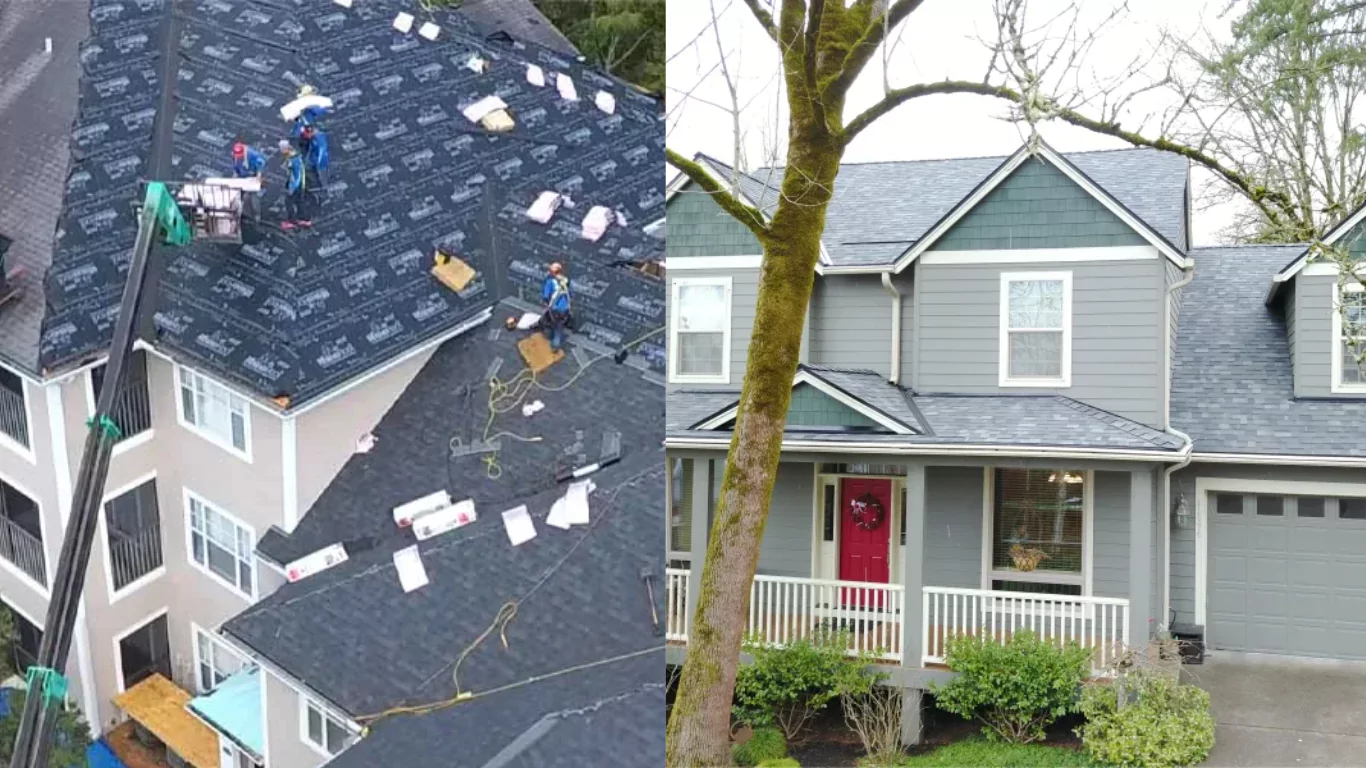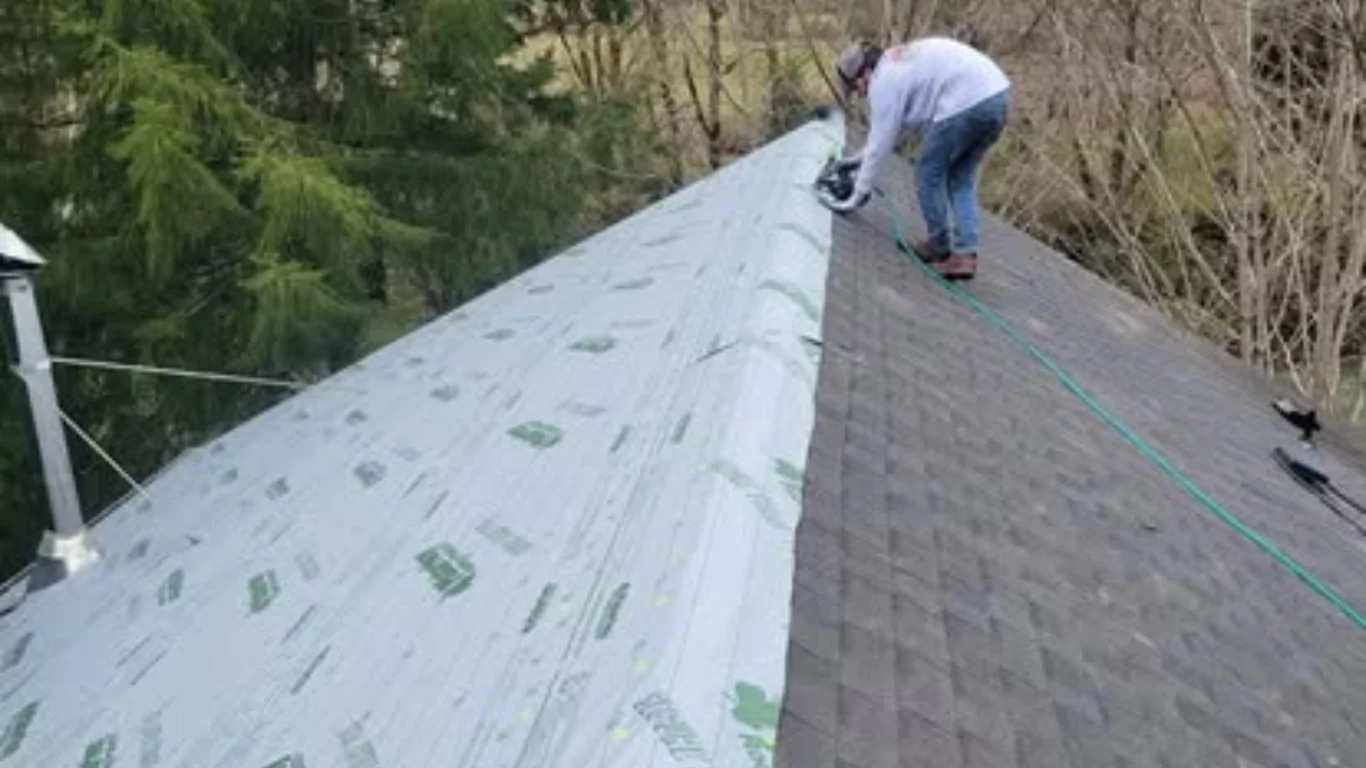🏠 I. Introduction
Your roof does more than just keep you dry—
It protects your family, your investment, and your peace of mind.
Failing to maintain your roof can lead to costly emergency repairs, energy loss, and even structural damage. Regular upkeep can extend its lifespan by decades and help you avoid surprises when the seasons change.
Who this is for:
Homeowners
New buyers
Anyone planning seasonal home maintenance
In this blog, Certified Roofing Services provides a complete seasonal checklist for residential roofs, plus expert insights on what you can do yourself and when it’s time to call in the pros.
🏗️ II. Understanding Your Roof
Roof Anatomy 101
Shingles or Tiles – Your first line of defense
Flashing – Prevents water intrusion at edges and joints
Gutters & Downspouts – Direct water away from your home
Fascia & Soffits – Protect roof edges and allow airflow
Roof Vents & Skylights – Prevent heat/moisture buildup
Types of Roofing Materials
Asphalt shingles – Most common and cost-effective
Metal roofing – Long-lasting and durable
Tile – Stylish and weather-resistant
Wood shake – Classic but high-maintenance
Why it matters:
Different materials require different care. Climate also plays a major role.
For example, asphalt in hot zones may crack faster, while tile in icy regions may lift.
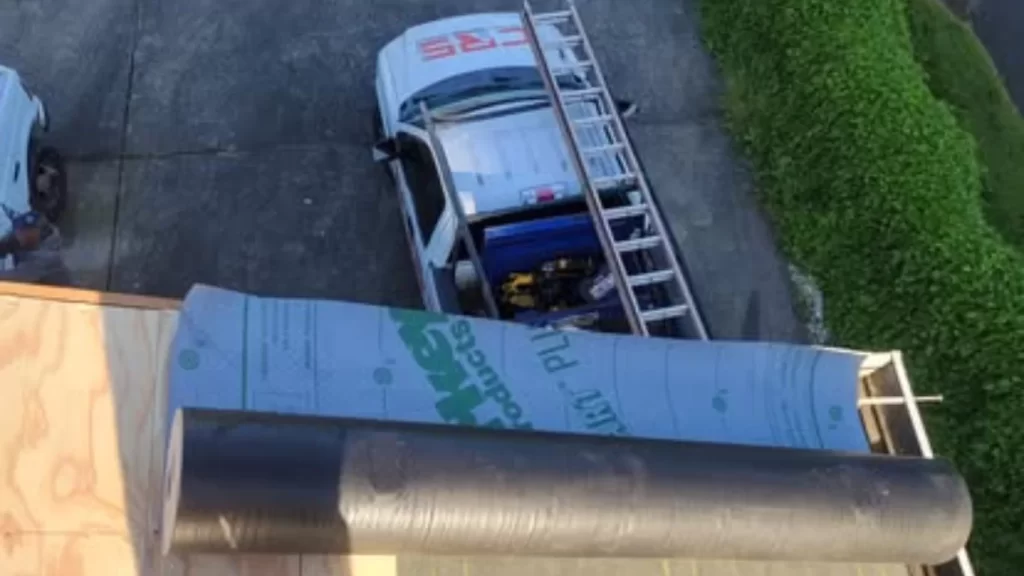
✅ III. The Ultimate Residential Roof Maintenance Checklist
A. Year-Round Maintenance Tasks
Inspect roof visually from the ground
Look for sagging, stains, or missing shingles
Check attic for moisture, mold, or mildew
Ensure roof ventilation is working
Inspect ceilings for stains or leaks
Trim branches away from the roofline
These simple checks can be done in minutes but save thousands in future repairs.
B. Seasonal Roof Maintenance
1. Spring Maintenance
Remove all debris, twigs, and branches from roof and gutters
Inspect for ice dam damage or cracked shingles
Re-caulk flashing where needed
Clean and test roof vents
Ensure gutters and downspouts are clear
Spring is the best time for a full roof inspection after harsh winter weather.
2. Summer Maintenance
Look for signs of UV wear on shingles
Remove any moss or algae growth
Reseal nails or fasteners
Touch up flashing with rust-resistant paint
Heat and sun accelerate damage. Keep your roof cool and clean.
3. Fall Maintenance
Clean fallen leaves from gutters and valleys
Reseal flashings and inspect roof edges
Secure any loose or lifting shingles
Consider installing gutter guards
Fall prep helps your roof stand up to winter storms.
4. Winter Maintenance
Use a roof rake to remove heavy snow
Watch for ice dam formation
Check attic ventilation to prevent condensation
Monitor leaks after storms
Never climb a snowy roof—leave risky work to Certified Roofing Services.
C. Special Circumstances to Watch For
After severe storms (hail, wind, or rain)
Tree limbs falling on the roof
Wildlife entry (raccoons, birds, squirrels)
Aging roofs (15+ years) – increase inspection frequency
🔧 IV. DIY vs. Professional Roof Maintenance
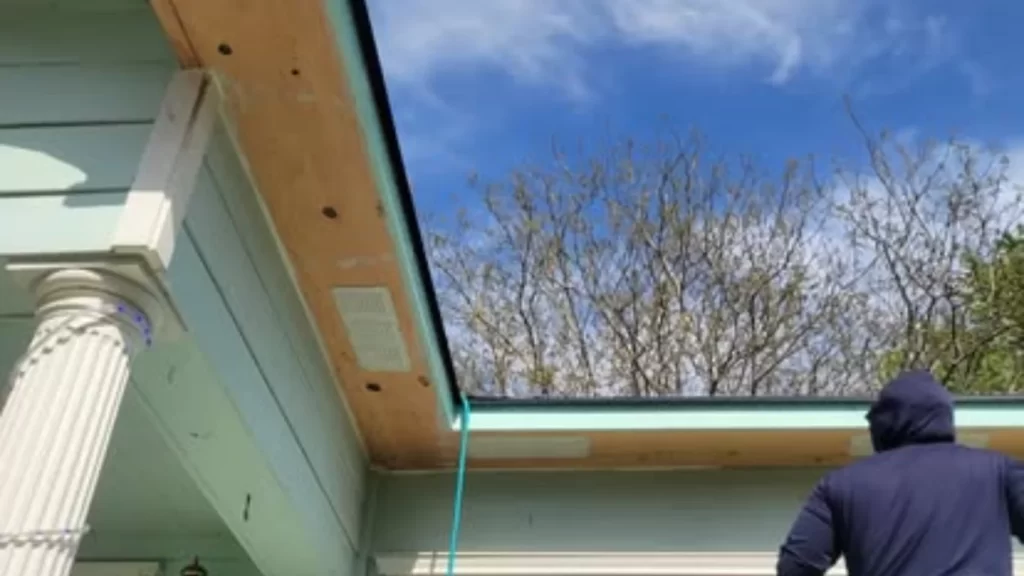
What You Can Do
Visual inspections
Gutter cleaning
Moss/algae removal with proper tools
What You Should Leave to Certified Roofing Services
Leak detection and repair
Flashing and underlayment issues
Full inspection or certification
Any work at height or steep angles
Safety first—roof work is dangerous without the right gear.
⚠️ V. Common Roof Problems Homeowners Miss
Granule loss on shingles – leads to premature wear
Clogged soffit vents – restrict airflow, encourage mold
Poor gutter pitch – causes overflow and wood rot
Hairline flashing cracks – allow water intrusion
Early roof rot – hidden under surface layers
Spotting these early means less damage—and less expense.
📅 VI. When to Schedule a Professional Roof Inspection
Spring and fall (ideal conditions)
Before buying/selling a home
After a major storm or temperature swing
If roof is 10–15+ years old
Certified Roofing Services offers thorough inspections with clear photo documentation and action steps.
🛠️ VII. Long-Term Roof Maintenance Tips
Keep a maintenance log of all work and inspections
Take photos before and after maintenance
Set reminders for seasonal checkups
Consider drone inspections for hard-to-reach areas
Always maintain proper attic ventilation and insulation
These habits make maintenance easier, faster, and more affordable.
💰 VIII. Benefits of Regular Roof Maintenance
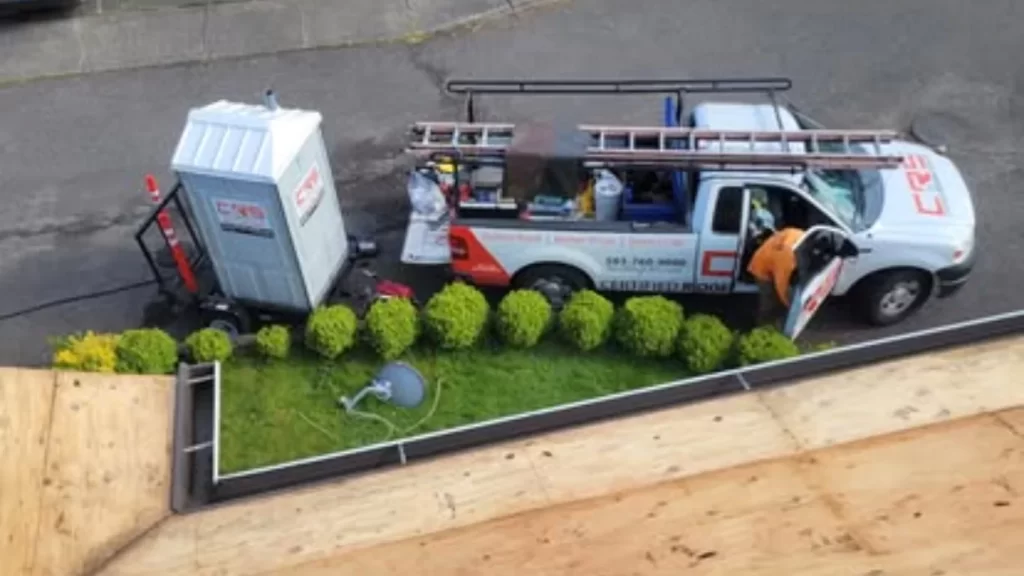
Extends roof life by 25–50%
Avoids expensive emergency repairs
Improves home value and energy efficiency
Meets warranty requirements
Peace of mind during every season
A well-maintained roof pays you back—every single year.
📞 IX. Final Thoughts & Call to Action
Roof maintenance doesn’t have to be overwhelming.
Use this free checklist from Certified Roofing Services to stay ahead of seasonal issues and protect your investment.
📅 [Schedule your roof inspection] with a trusted local professional.
Stay safe. Stay dry.
Trust your roof to Certified Roofing Services.

